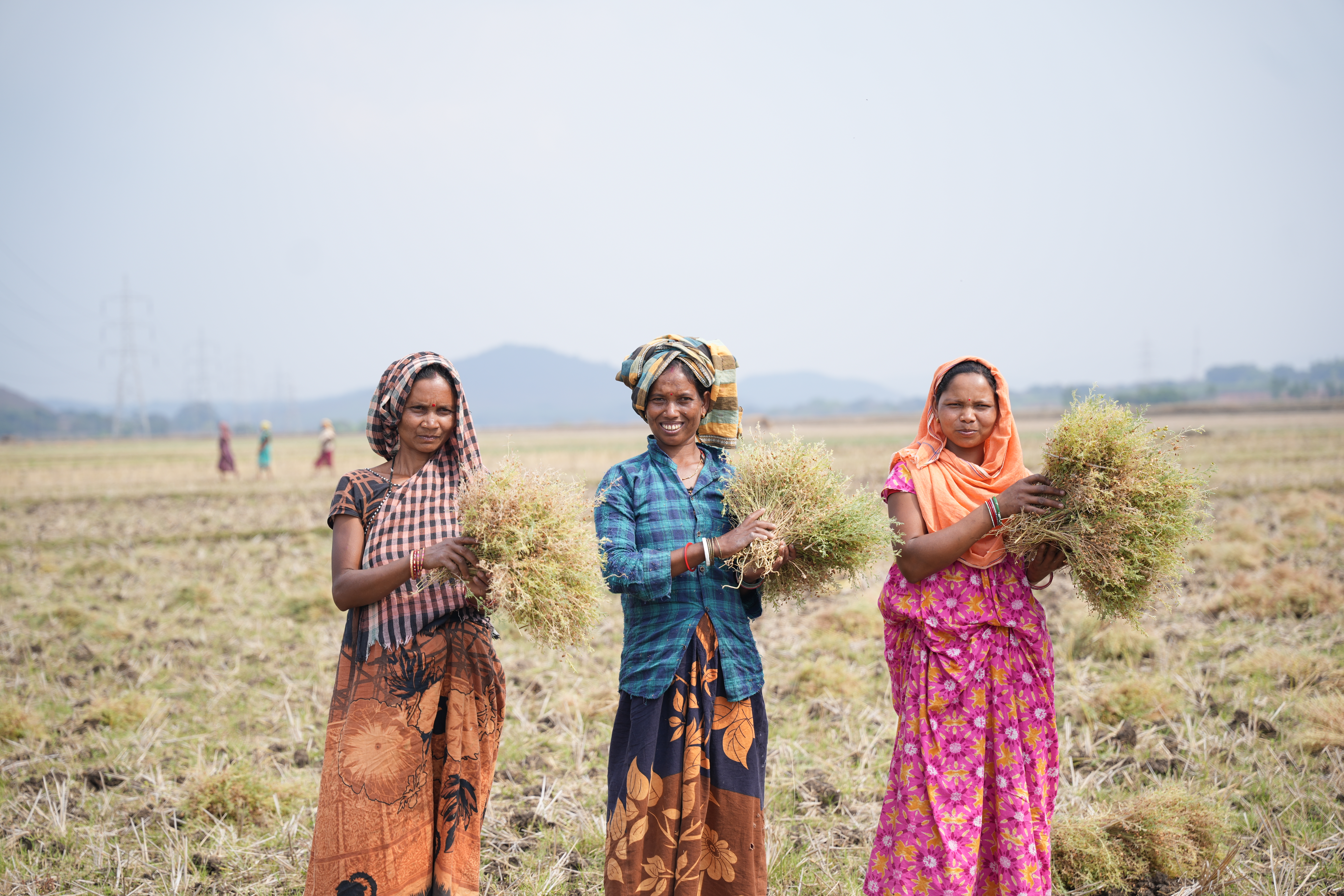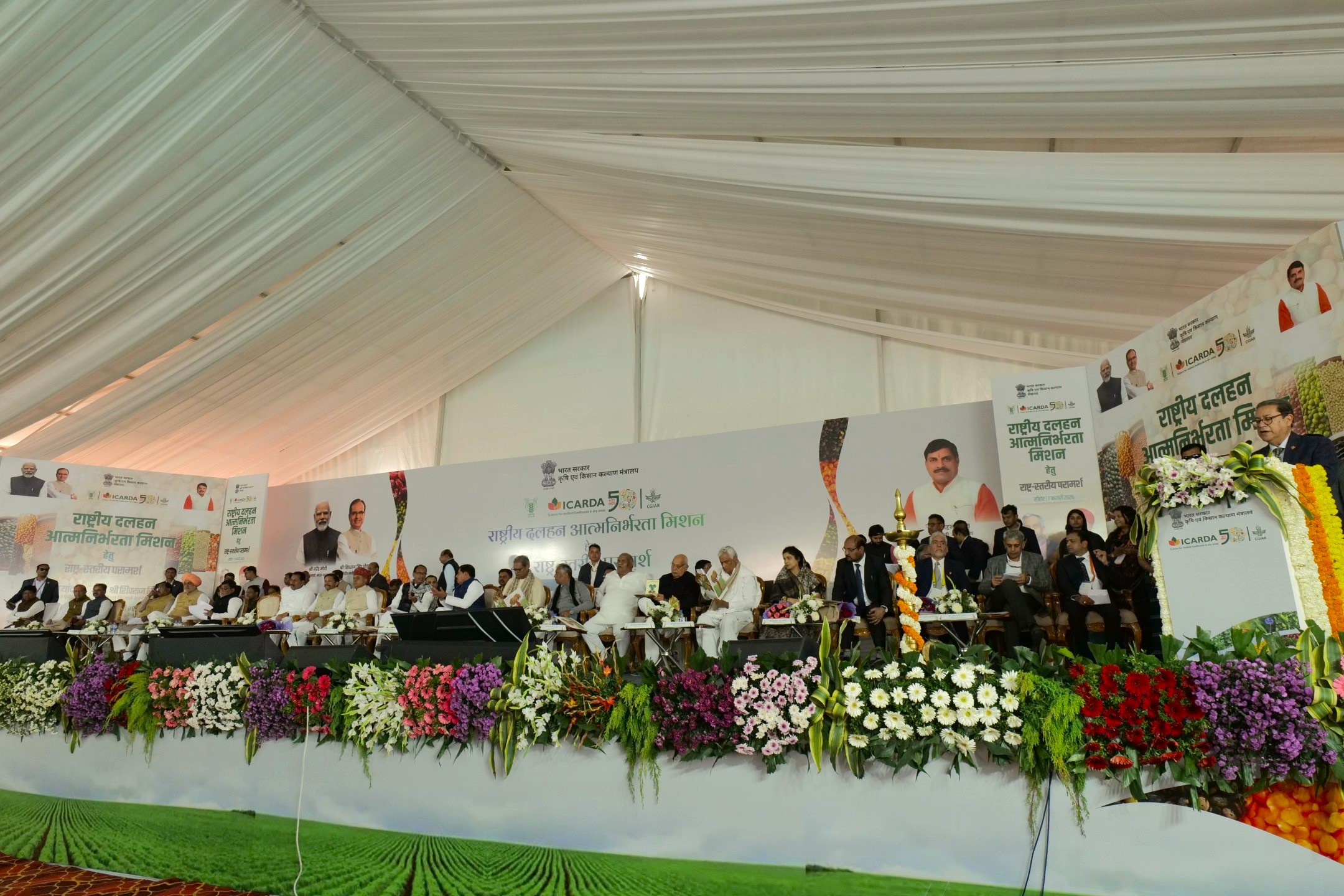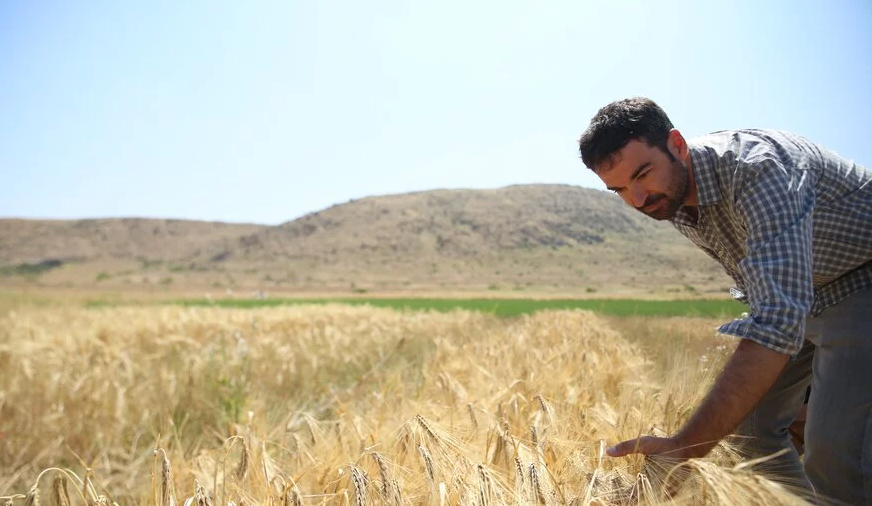Rural Women Reviving Forgotten Crops
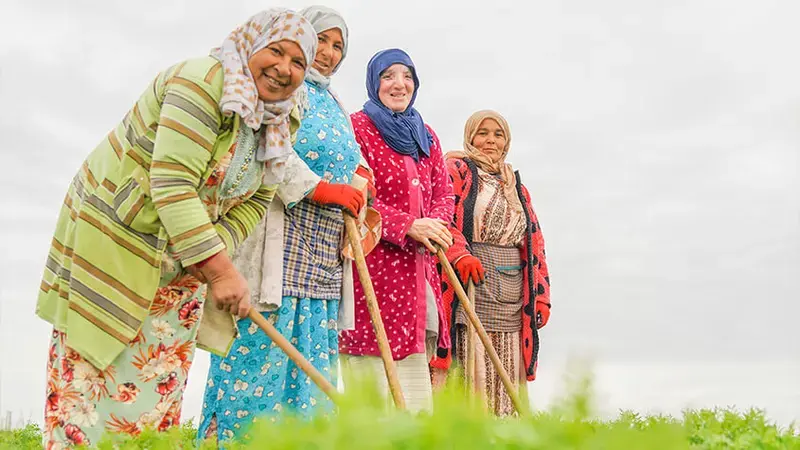
Despite their vital contribution to agriculture, rural women frequently face significant barriers to accessing essential resources, including land, credit, and agricultural services. Yet they are vital to sustaining agri-food systems, particularly in the Global South. On International Day of Rural Women, we honour rural women for their invaluable contributions to advancing agriculture in the face of accelerating climate change.
The Middle East and North Africa (MENA) are considered to be among the most unequal regions in the world. Women own just 5% of the land, receive less than 10% of available credit, and access only 5% of the extension services, such as training and agri-tech support. Meanwhile, research and policy landscapes still overwhelmingly prioritize men.
Given that women comprise more than 45% of the agricultural workforce, these systemic barriers hinder overall agricultural performance and exacerbate food insecurity, particularly as climate change adds further pressure on agricultural systems. Over the years, ICARDA has provided evidence on the status and evolution of these structural constraints and effective approaches to alleviate them.
ICARDA works to empower rural women in the region and leads the way in sustainable farming through innovative projects focused on agroecology and the cultivation of neglected and underutilized species (NUS). Agroecology, which integrates ecological principles and local agricultural wisdom, includes important agroecological techniques like rotating cereal crops with legumes, reducing reliance on synthetic fertilizers and pesticides, promoting biodiversity, and enhancing soil health. It has proven particularly effective in MENA, where NUSs, such as barley, lentils, and chickpeas, are hardy in harsh environments while also helping to enrich soil fertility and resilience through natural nitrogen fixation. Yet, for the projects to fulfil their potential, their design must acknowledge the gender inequalities that exist right from the start.
A recent F2R-CWANA and Market Intelligence study involving 923 farmers explores why both men and women farmers are turning towards agroecology with neglected and underused crops. It also investigates how the benefits of NUS vary by gender. For example, the study reveals that women face significant barriers to fully incorporating these crops into their farming systems, such as the absence of land titles and the lack of recognition as farmers, which restricts their access to vital extension services and guidance that are more readily available to men. As a result, nearly half of the farming workforce is hindered from fully utilizing a technology that is increasingly critical for dryland agriculture and food security, especially as climate change intensifies.
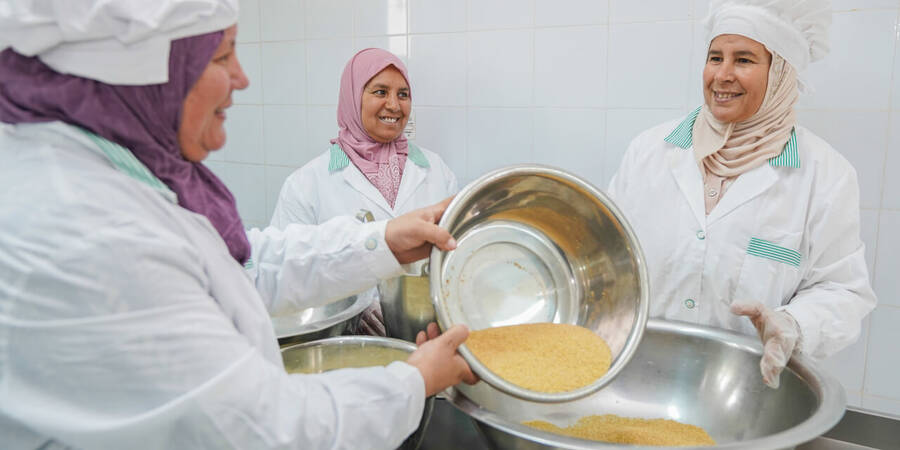
ICARDA's MedWeatth and CWANA Initiatives are addressing such barriers. The projects focus on crop diversification and popularizing practices like flour blending and mixing barley with wheat to produce more nutritious cereal-based products. But while these benefit both men and women farmers, the projects also take care to strengthen women's land rights, validating their roles as farmers while supporting women cooperatives that process staple foods. Adding these gender-focused elements into research and agri-initiatives is key to fully unlocking the potential of agroecology and NUSs, in turn enhancing food security and providing women with a sustainable source of income.
The projects facilitated several key gender-focused activities, including certification related to sanitation (a prerequisite for accessing broader markets), participation in digital marketing during the COVID-19 pandemic, provision of machinery to reduce labour-intensive work, and the introduction of drought tolerant, higher-nutrition cereal and lentil varieties, along with the implementation of nutrition labels. Additionally, theater forums were conducted in ten communities to address harmful gender norms around land rights and women’s entrepreneurship, resulting in measurable improvements in awareness. Networking workshops were also held for regional stakeholders, cooperatives and service providers, and leadership training was provided for 30 women cooperatives, covering networking and best governance practices.
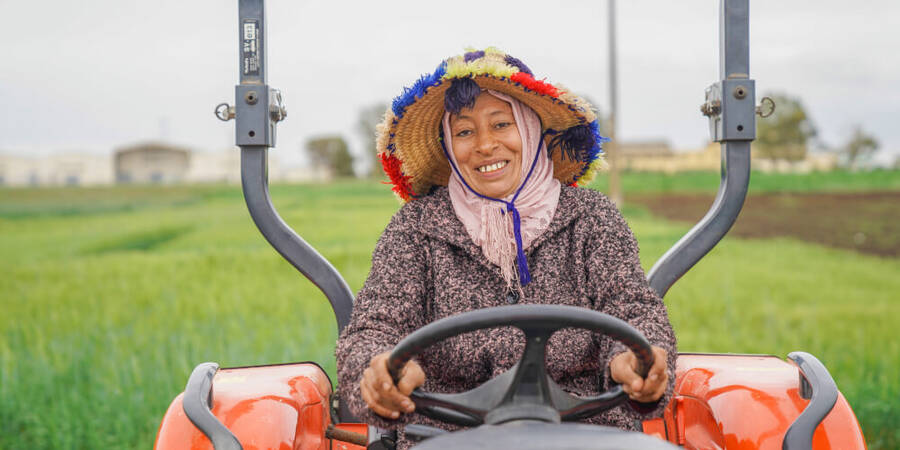
ICARDA also follows up on such efforts with evidence-based data that ensure it's on track, promoting sustainable agricultural practices and fostering a sense of empowerment among rural women. For example, a study showed that 17% of women and 9% of men expressed eagerness to use barley flour in making bread due to its yield and usefulness as animal feed, likely due to women's entrepreneurial opportunities in cereal-based products and livestock.
Other initiatives are showing signs of gender progress. Water scarcity is a significant barrier to adopting NUSs like barley and lentils. So ICARDA is developing drought-tolerant varieties and focusing on improving grain size and cooking qualities to make NUSs more appealing to farmers and consumers alike. However, ICARDA's breeding programs also prioritize traits that alleviate women's labour, such as naked barley, which significantly reduces the effort required for threshing and minimizes related yield losses. The result is that women are becoming more involved in cultivating lentils and chickpeas.
But challenges remain. Men still dominate decision-making in farming practices, even as they increasingly move away from agriculture in dry areas due to migratory patterns. A recent ICARDA study showed that joint decision-making remains uncommon, with only 9% of men and 3% of women reporting making agricultural decisions together, though almost half the workforce is women. This underscores the urgency of including gender-inclusive approaches in agricultural programs to sustain the relevance of sustainable practices and innovations and their subsequent adoption. Simply put, if the feminization of agriculture continues as expected, we are in danger of male-oriented agricultural approaches becoming unfit for purpose in a gender-equal sector.
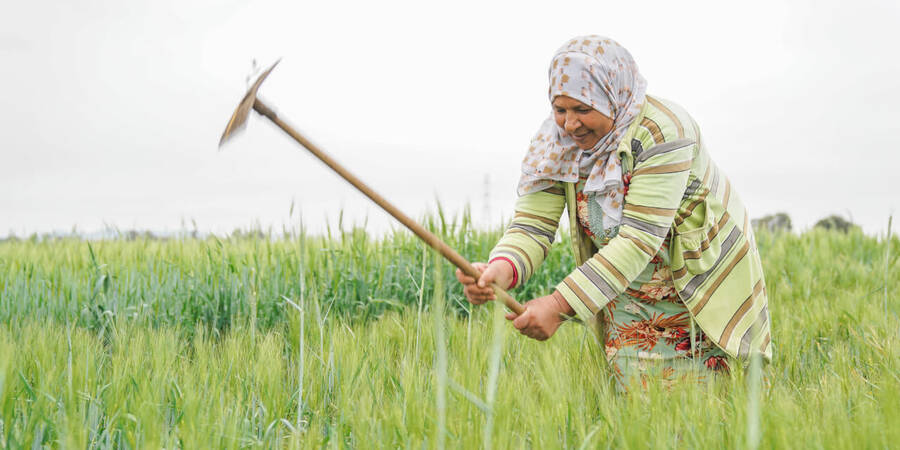
As the custodians of traditional knowledge required to conserve, cultivate and process NUS, women and men should be at the heart of any policy promoting marginalized crops. By giving them the tools and knowledge to thrive, ICARDA is helping to build resilient communities that can withstand the challenges of climate change and contribute to global food security. Assisting rural communities, especially marginalized groups, particularly women, in realizing the full benefits of NUSs can be a powerful way of restoring their pride and identity and, at the same time, building their capacity to tackle food insecurity.
In placing women at the centre of these initiatives, ICARDA and its partners are advancing scientific innovation and driving a more equitable food system. Through these efforts, rural women can forge the path to a sustainable future rooted in agroecology and the revival of neglected crops.
Authors:
Dina Najjar, Senior Gender Scientist, ICARDA
Daniel Amoak, Postdoctoral Research Fellow, University of Waterloo, Canada

